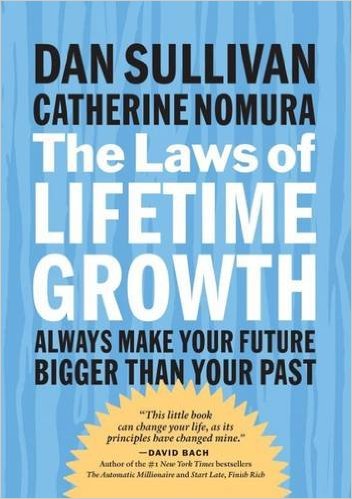“Don’t fight forces: use them.”
– R. Buckminster Fuller, architect and inventor
As a former science teacher, I have always been interested in the forces of nature. Consider wind energy and wave energy, two forces of nature we often face in our outdoor activities.
If you happen to play golf, you know what it is like to drive a ball into 20 mile per hour headwind versus having the same breeze at your back.
In terms of water energy, have you ever tried to swim or boat against the current or through an oncoming wave?
Exercise:
Explore the personal, professional, social and cultural forces around you to see how you might use these energies versus fight against them to move forward in your life.

